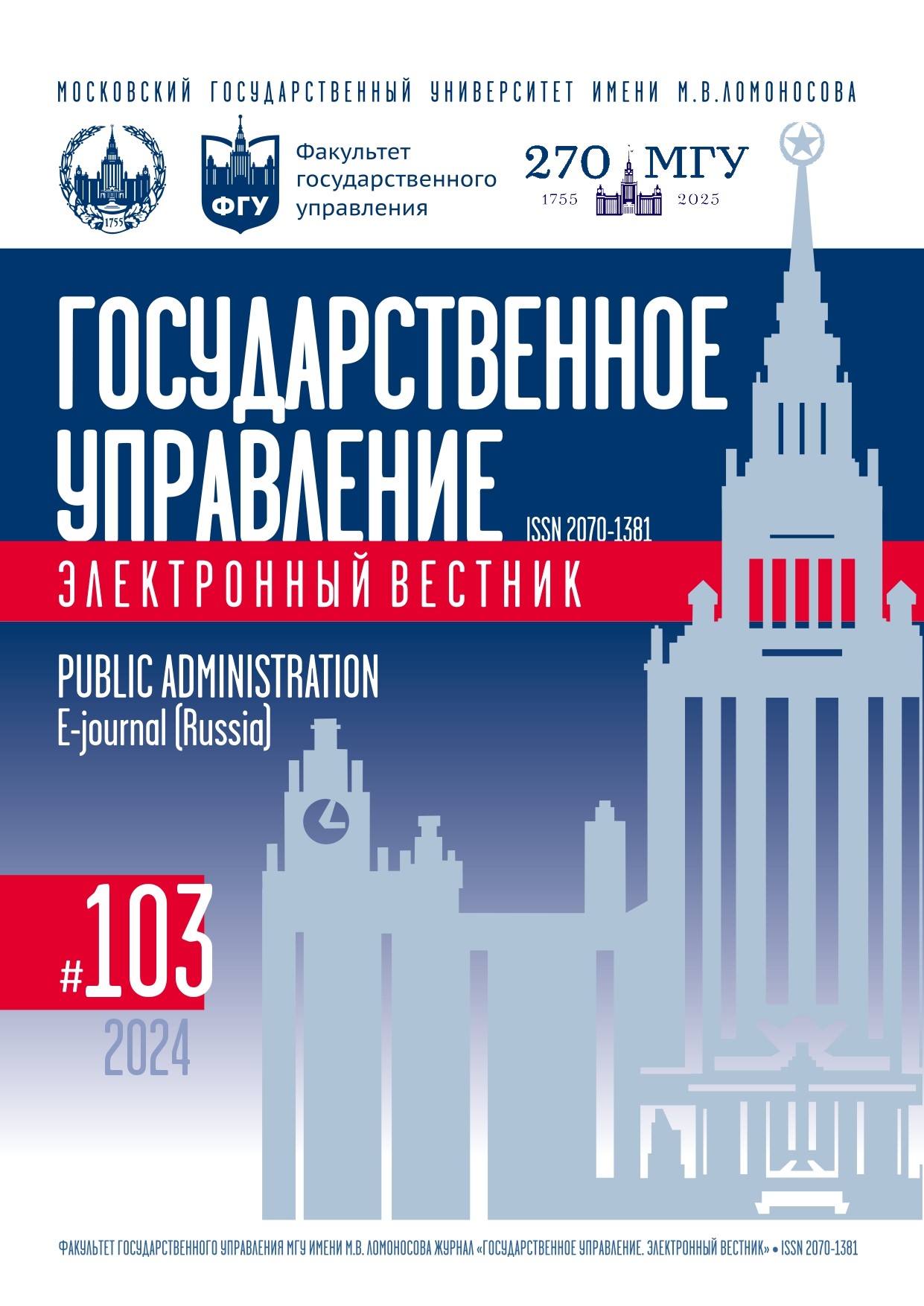State Support for Commercialization of Intellectual Activity Results in Socially Significant Industries
Keywords:
Commercialization of intellectual property results, state support for commercialization in socially significant industries, barriers and drivers of commercialization in the pharmaceutical industry, intellectual property management, open models of commercialization.Abstract
The pharmaceutical industry is one of the leaders in terms of the intensity of commercialization of the intellectual activity results (IAR). Its development as a socially significant industry is a priority in the state policy of countries with developing economies, in particular, the countries of the Latin American region (LA). A number of economic conditions for the development of commercialization of the IAR in these countries are similar to the Russian economy. Common barriers to development include dependence on imported substances, inefficient interaction between science and business, lack of public and private investment in R&D, and insufficient development of the intellectual property (IP) institution. At the same time, it is possible to identify common growth drivers: the growth potential of the consumer market, unique natural resources, relatively high scientific potential, and the concentration of R&D in research institutes and universities. The similarity of the conditions helps to suggest that it is possible to adapt the best practices of IAR commercialization formed in the LA, to the Russian economy. The research method used in this article include analyzing published legislative and statistical materials on financial institutions of the LA countries in order to identify problems and experience in overcoming them in the field of commercialization of intellectual property. The analysis of state support for imitation, closed and open models of commercialization of IAR used by pharmaceutical companies in developing economies made it possible to identify successful support mechanisms, as well as positive and negative results of the application of each model. On this basis, as the results of the research recommendations for state support for the commercialization in socially significant industries of the Russian economy are suggested.
References
Грэхэм Л. Сможет ли Россия конкурировать? М.: Манн, Иванов и Фербер, 2014.
Чапленко А.А., Власов В.В., Гильдеева Г.Н. Инновационные лекарственные препараты на российском фармацевтическом рынке: ключевые игроки и основные направления разработок // Ремедиум. 2020. № 10. С. 4–9. DOI: 10.21518/1561-5936-2020-10-4-9
Avila-Lopez L., Lyu Ch., Lopez-Leyva S. Innovation and Growth: Evidence from Latin American Countries // Journal of Applied Economics. 2019. Vol. 22. Is. 1. P. 287–303. DOI: 10.1080/02102412.2019.1610624
Bertoldi A., Wagner A.K., Emmerick I.C., Arueira Chaves L., Stephens P., Ross-Degnan D. The Brazilian Private Pharmaceutical Market after the First Ten Years of the Generics Law // Journal of Pharmaceutical Policy and Practice. 2019. Vol. 12. DOI: 10.1186/s40545-019-0179-9
Botelho A., Almeida M. Overcoming Institutional Shortcomings for Academic Spin-Off Policies in Brazil // International Journal of Technology Management and Sustainable Development. 2011. Vol. 9. Is. 3. P. 175–193. DOI: 10.1386/tmsd.9.3.175_1
Kononkova N.P., Polávskaya N.V. Comercialización de los resultados de actividad intelectual como factor del desarrollo de la industria farmacéutica en América Latina // Iberoamérica. 2021. Is. 2. P. 60–85. DOI: 10.37656/s20768400-2021-2-03 Paranhos J., Hasenclever L., Perin F. The Brazilian Pharmaceutical Industry: Actors, Institutions, and Policies // Journal of Law, Medicine & Ethics. 2023. Vol. 51. Is. S1. P. 126–135. DOI: 10.1017/jme.2023.118
Tigre P.B., Nascimento C.V., Costa L.S. Windows of Opportunities and Technological Innovation in the Brazilian Pharmaceutical Industry // Cadernos de Saúde Pública. 2016. Vol. 32. Is. 2. URL: https://www.scielo.br/j/csp/a/kcwsv6PzjDVBBHdwPPCdg4R
Vargas V., Darrow J. Pharmaceutical Innovation in Latin America and the Сaribbean // Journal of Law, Medicine & Ethics. 2023. Vol. 51. Is. S1. P. 148–162. DOI: 10.1017/jme.2023.120
Wilsdon T., Haderi A., Dobreva Z., Ricciardi G. The Economic Impact of Changing the Environment for Innovation in Argentina — Applying the Lessons of Asia to Latin America // The Journal of World Intellectual Property. 2020. Vol. 23. Is. 5–6. P. 609–631. DOI: 10.1111/jwip.12165

